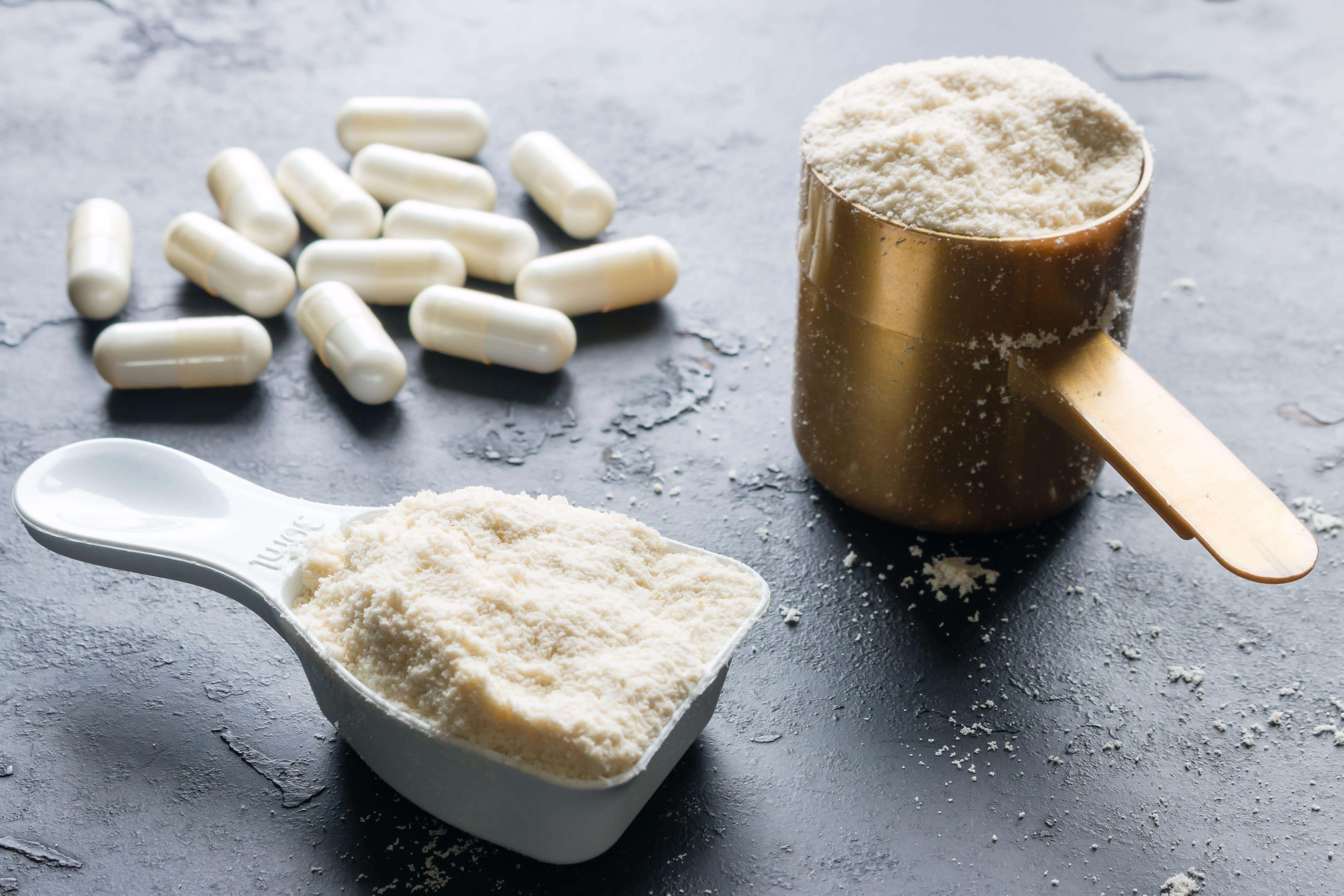Protein used as weight-training supplement ‘may also speed up wound healing’
Casein is abundantly found in cow’s milk.

Bandages infused with casein – a protein found in cow’s milk and used as a weight-training supplement – can “significantly” speed up wound healing processes when compared with normal dressings, scientists have said.
Researchers from University College London (UCL) found that wounds in diabetic rats healed more quickly when they had casein bandages on, compared with using normal bandages or leaving the cuts untreated.
The team said its findings, published in the journal Royal Society Interface, raise hope that casein, which is cheap and widely available, could replace more expensive materials used in wound dressings such as silver.
Dr Jubair Ahmed, of UCL Mechanical Engineering, the first author on the study, said: “More work is needed to ensure that casein dressings are safe and effective in humans, but these initial findings are promising.
“Our goal is to do this on a mass scale, so that the end product will be as cheap as possible.”
More work is needed to ensure that casein dressings are safe and effective in humans, but these initial findings are promising
Casein is found in the milk of all mammals but is more abundant in cow’s milk, where it accounts for about 80% of the protein content.
Until recently, casein was discarded without use but studies suggest it can boost muscle growth and help with recovery after exercise.
To make the casein bandages, the researchers mixed pure casein with polycaprolactone (PCL), a type of biodegradable plastic commonly used for bandages.
The team divided the rats with identical skin wounds into three groups: the first was treated with casein bandages, the second was given normal bandages and the third did not receive any treatment.
Dr Ahmed said diabetic rats were chosen because they are more prone to having wounds, like humans with diabetes.
Healing progress was checked after three, seven, 10 and 14 days.
Dr Ahmed said that after 14 days, the wounds treated with casein bandages “had only 5.1% of the wound area left compared to with the untreated group, which was around 45.6%”.
Rats treated with normal PCL bandages had 31.1% of the wound area still left to heal after a fortnight.
Dr Ahmed said: “We found that compared to no treatment at all, there was a significant difference between the wound closures (when casein bandages were used).
“Even when compared to using the fibres (bandages) without casein, there was a big difference in how much the wounds closed.”
Professor Mohan Edirisinghe, of UCL Mechanical Engineering, senior author on the study, said: “All the research so far suggests that casein has wound healing potential, but at the moment we don’t really know why in any great detail.
“Casein has antimicrobial and anti-inflammatory properties, which may certainly play a part.
“The next step will be to understand the biological interactions taking place before we can consider clinical trials in humans.”
Subscribe to Independent Premium to bookmark this article
Want to bookmark your favourite articles and stories to read or reference later? Start your Independent Premium subscription today.
